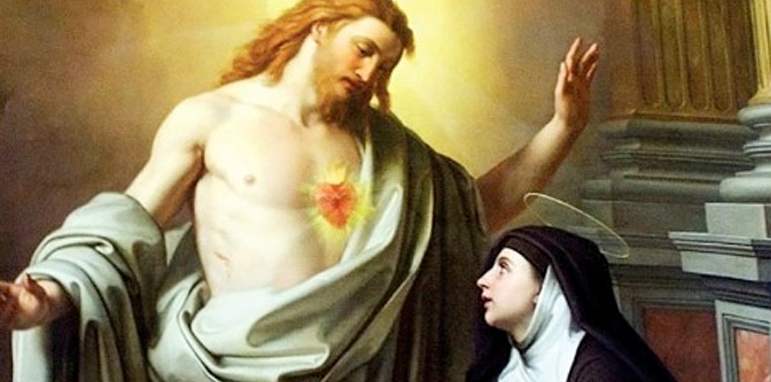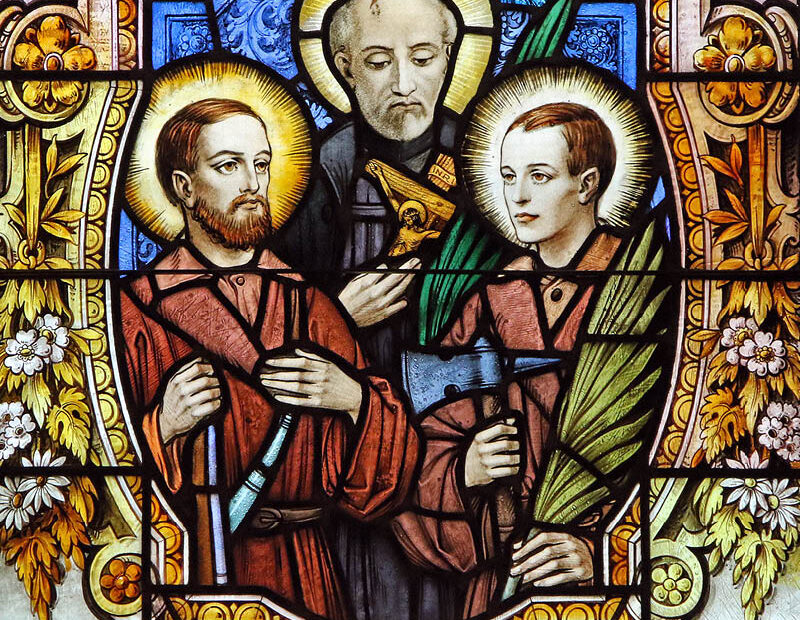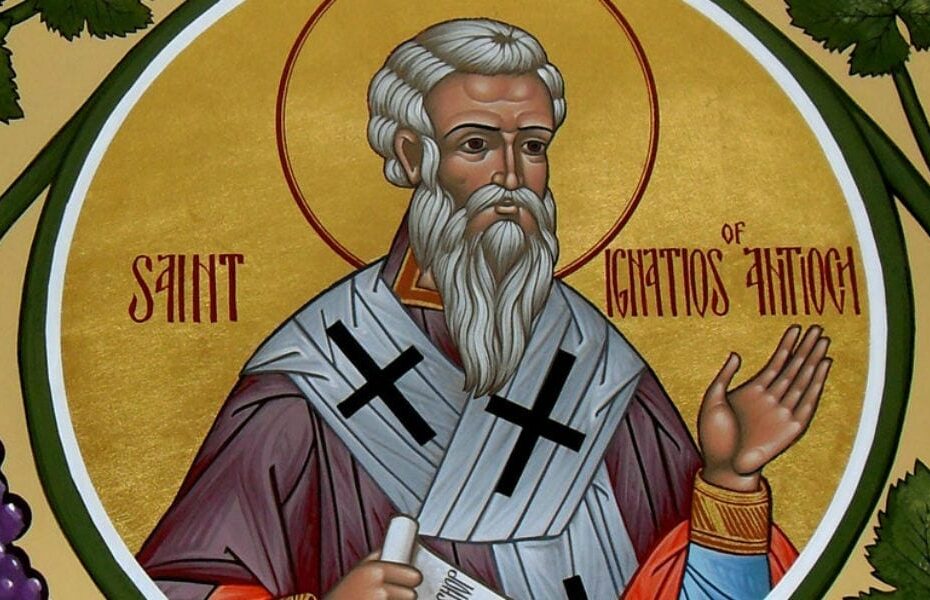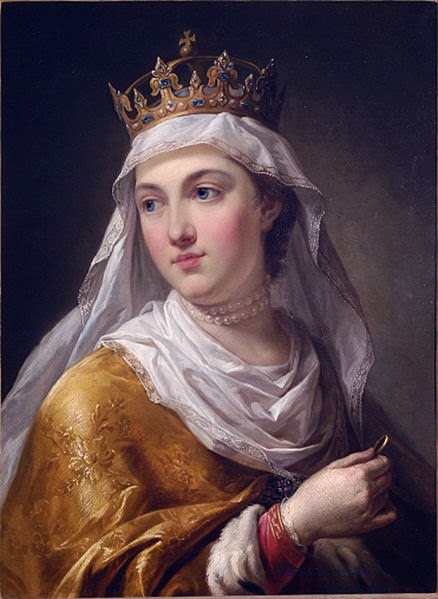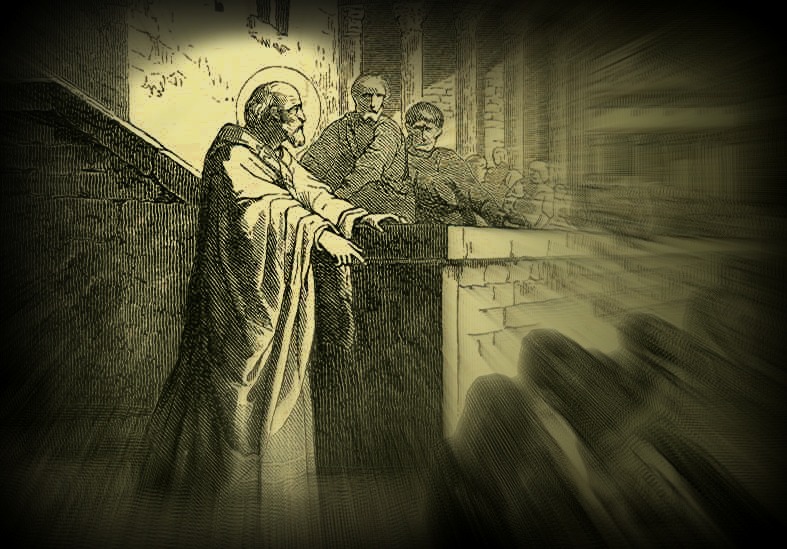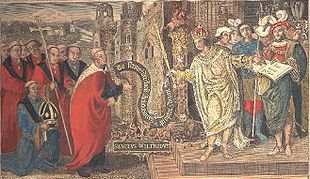St. John Paul II
The Vatican Congregation for Divine Worship has approved the insertion of the optional memorial of St. John Paul II in the proper calendar of the dioceses of the United States for today.
Karol Jozef Wojtyla was born in 1920 in Wadowice, Poland. After his ordination to the priesthood and theological studies in Rome, he returned to his homeland and resumed various pastoral and academic tasks.


